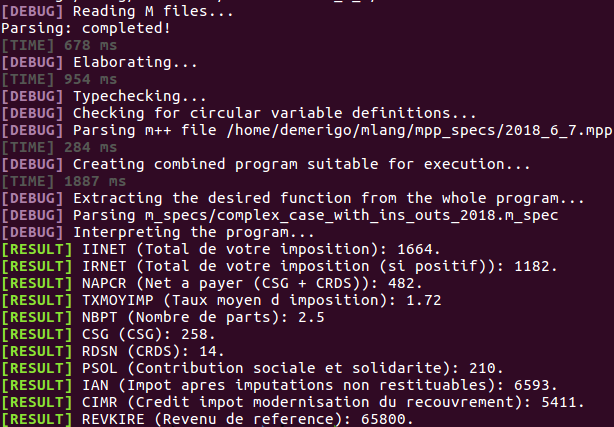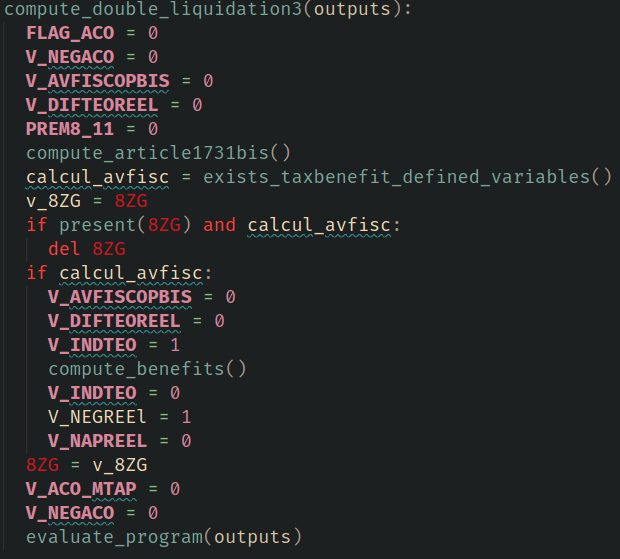
This year, popl22.sigplan.org has a brand new workshop: Programming Languages and the Law (ProLala)! Please submit extended abstracts about legal language design, static analysis, program synthesis or verification before Oct 28th. More details at popl22.sigplan.org/home/prolala-2…
Law at large underpins modern society, codifying and governing many aspects of citizens’ daily lives. Oftentimes, law is subject to interpretation, debate and challenges throughout various courts and jurisdictions.
But in some other areas, law leaves little room for interpretation, and essentially aims to rigorously describe a computation, a decision procedure or, simply said, an algorithm.
The programming languages community has so far brought very few answers to the problem of having a transparent, accountable implementation of computational law.
The current state of affairs is concerning: in many cases critical systems are implemented using very old technology, resulting in e.g. the IRS relying on 60s' assembly code or its French counterpart relying on a 90s' home-made language with tens of thousands of global variables.
For institutions stuck with this unfortunate status quo, consequences are many: legacy systems cannot be evolved, in spite of hundreds of millions of dollars spent on “modernization” budgets; mistakes are made and rarely noticed; automatic analyses remain elusive.
This means that policymakers are “flying dark”; and in the worst case, as happened with the French military pay computation, families are on the verge of bankruptcy because of incorrect code.
However, there is hope. Recent papers have been published at PL venues (A Modern Compiler for the French Tax Code, CC’21; Catala: a Programming Language for the Law, ICFP’21; Property conveyances as a programming language, Onward!’19).
Moreover, a recent NSF proposal for Designing Accountable Software Systems point to a reckoning in the broader scientific and PL community. Outside of academia, many #rulesascode works are being put out by open government supporters and legaltech start-ups.
The purpose of this workshop is to gather momentum and bring together a community that can advance the state of law, and society. Thanks to @_protz_ and @sarahlawsky for co-organizing, and to all the PC members for accepting to review the future exiting submissions.
• • •
Missing some Tweet in this thread? You can try to
force a refresh






